
Post by : Soumya Jit
Work can be rewarding, but it can also be one of the biggest sources of stress in our lives. Deadlines, long hours, constant emails, demanding bosses, and the pressure to perform can quickly pile up. While some stress can push us to stay productive, chronic stress is dangerous. If left unchecked, it doesn’t just harm your performance—it impacts your mental, emotional, and physical health.
The truth is, work stress is becoming a silent epidemic. People often ignore early warning signs, thinking they just need to “push through.” But by the time stress starts affecting sleep, relationships, or health, the damage may already be done. The good news? You can manage work stress before it takes over your life.
Modern workplaces have evolved, and with it, the expectations placed on employees. Remote work, digital communication, and global competition have blurred the line between work and personal life. Many people find themselves “always on,” answering emails at midnight or carrying office tension into their weekends.
Some of the most common causes of work stress include:
Heavy workloads and unrealistic deadlines
Job insecurity or fear of losing employment
Lack of work-life balance
Poor communication or lack of support from managers
Toxic work culture or conflicts with coworkers
Constant multitasking and lack of focus
Limited growth opportunities
When these pressures build up, the body reacts by releasing stress hormones like cortisol, which, over time, can damage physical and mental health.
Stress doesn’t just live in your mind—it shows up in your body too. Left unmanaged, it can trigger serious health problems.
Mental health issues: Anxiety, depression, irritability, and burnout.
Sleep disturbances: Trouble falling or staying asleep, leading to fatigue.
Physical symptoms: Headaches, high blood pressure, heart palpitations, and digestive issues.
Weakened immunity: Making you more prone to frequent colds and illnesses.
Long-term risks: Increased chances of heart disease, diabetes, and even stroke.
This is why it’s critical to tackle stress before it spirals out of control.
The first step is self-awareness. If you notice constant tension in your shoulders, irritability, lack of motivation, or sleep problems, these could be signs of stress creeping in. Address it early instead of waiting for burnout.
A messy schedule creates chaos in the mind. Break tasks into smaller steps and rank them by importance. Use tools like to-do lists, planners, or apps to stay organized. Completing small tasks first gives you momentum and reduces overwhelm.
Work emails and calls outside office hours should not consume your personal time. Politely communicate limits with colleagues and create a clear line between work and home life.
Working nonstop actually reduces productivity. Use the Pomodoro technique—25 minutes of focused work followed by a 5-minute break. A short walk, stretching, or deep breathing can instantly reset your mind.
Many employees struggle with taking on more than they can handle. Saying yes to everything leads to overload. Be firm yet polite—explain your capacity honestly. This not only protects your health but also earns respect.
Instead of reaching for junk food, alcohol, or endless scrolling on social media, try healthier outlets:
Exercise (yoga, running, even a 10-minute walk)
Journaling your thoughts
Meditation and deep breathing exercises
Listening to calming music
Stress often comes from unclear expectations. Don’t hesitate to ask for clarification from your boss or team. Honest communication prevents misunderstandings and builds a healthier work environment.
Even small changes—like keeping plants on your desk, decluttering, or using headphones to block noise—can improve your mood and reduce stress.
Talking to a trusted colleague, friend, or family member can provide perspective and emotional relief. Sometimes, sharing your challenges lightens the load.
If stress starts affecting your sleep, appetite, or relationships, consulting a therapist or counselor is a wise step. There’s no shame in seeking support—it shows strength, not weakness.
Anita, a project manager, used to work 12-hour shifts, skipping meals and constantly checking emails. She began experiencing chest tightness and insomnia. After recognizing her symptoms as stress-related, she set boundaries with her work hours, scheduled short daily walks, and practiced meditation. Within a month, her sleep improved, her productivity increased, and she felt more in control of her health.
While individuals can take action, companies must also prioritize employee well-being. Businesses that focus only on output without caring for their employees end up with high turnover and burnout. Employers can reduce workplace stress by:
Offering flexible schedules and remote work options
Encouraging regular breaks
Providing mental health resources and workshops
Promoting open communication and feedback
Recognizing employee achievements
When organizations support employees, productivity and loyalty naturally improve.
Work stress may feel like an unavoidable part of modern life, but it doesn’t have to control you. By recognizing early signs, setting boundaries, prioritizing tasks, and adopting healthier coping strategies, you can protect your mental and physical health. Remember, no job is worth sacrificing your well-being. The key is to manage stress before it turns into burnout.
Your career is important, but your health is priceless—take care of it today, and you’ll thank yourself tomorrow.
1. What are the first signs of work stress?
Irritability, headaches, lack of focus, poor sleep, and constant fatigue are common warning signs.
2. Can work stress affect physical health?
Yes. Chronic stress increases the risk of high blood pressure, heart disease, and weakened immunity.
3. How can I reduce stress immediately at work?
Try deep breathing, stretching, or a quick walk to reset your energy and calm your mind.
4. Should I talk to my boss about stress?
Yes, in a professional way. Communicating your workload or challenges can help find solutions.
5. Is quitting the only option if work is too stressful?
Not always. First, try boundaries, time management, and coping strategies. If nothing improves, then consider a career change.
6. How much break time should I take during work?
Experts recommend a 5-minute break every 25–30 minutes of focused work, plus longer breaks for meals.
7. Does exercise really help with work stress?
Absolutely. Physical activity releases endorphins, improves mood, and reduces stress hormones.
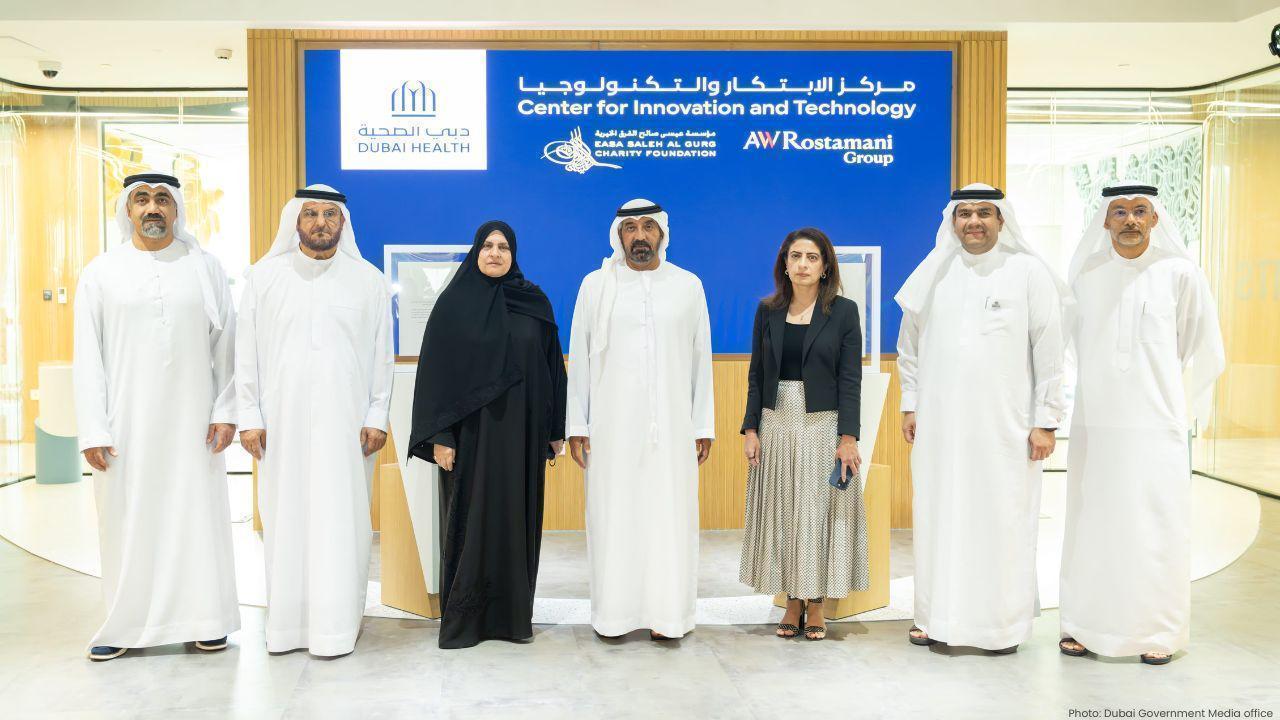
Dubai Opens Health Innovation & Technology Center
Sheikh Ahmed bin Saeed opens Dubai Health’s Innovation & Technology Center to boost healthcare resea
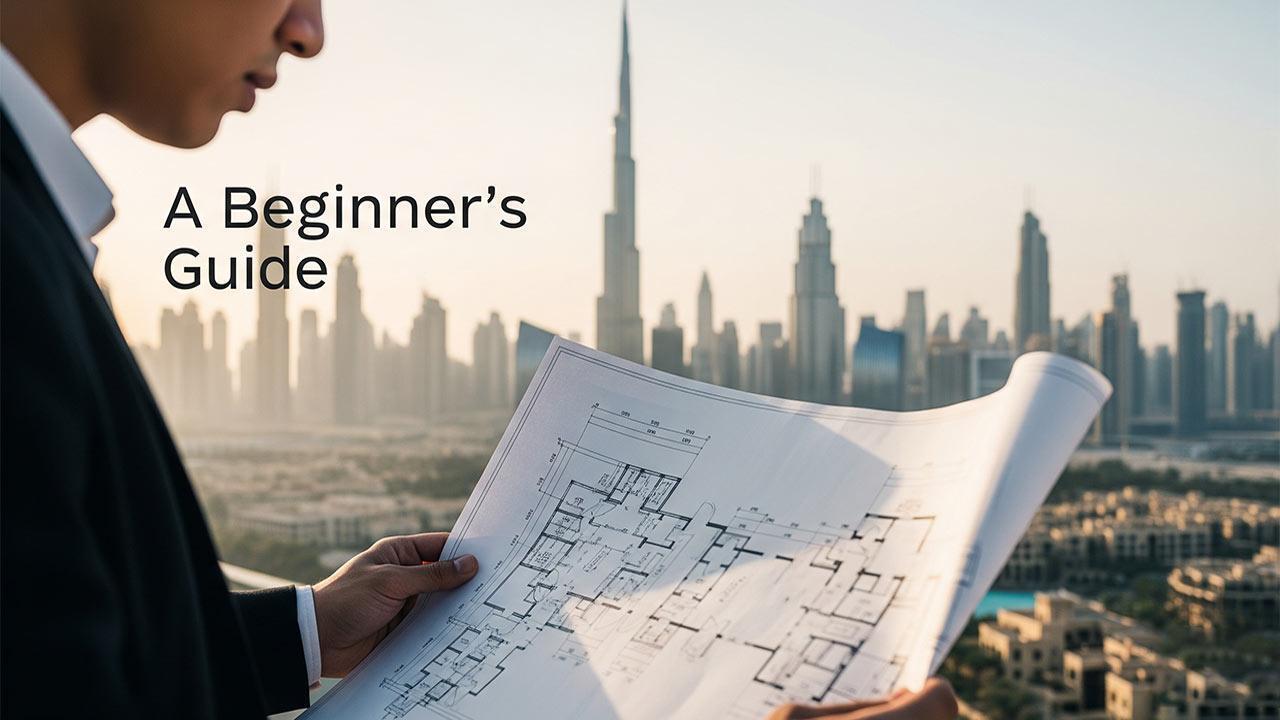
How to Invest in Dubai Real Estate as a Foreigner Complete Beginner s Guide 2025
Learn how foreigners can invest in Dubai real estate with this simple beginner s guide Tips legal

Youth Muay Thai World Championship 2025 in Abu Dhabi
Abu Dhabi hosts the 2025 Youth Muay Thai World Championship with 1,200 athletes from 100 nations, ru

Abu Dhabi Jiu-Jitsu Championship 2025: AED3m Prizes
The 17th Abu Dhabi World Jiu-Jitsu Championship offers AED3m prizes, 11 days of action, and 10,000 a
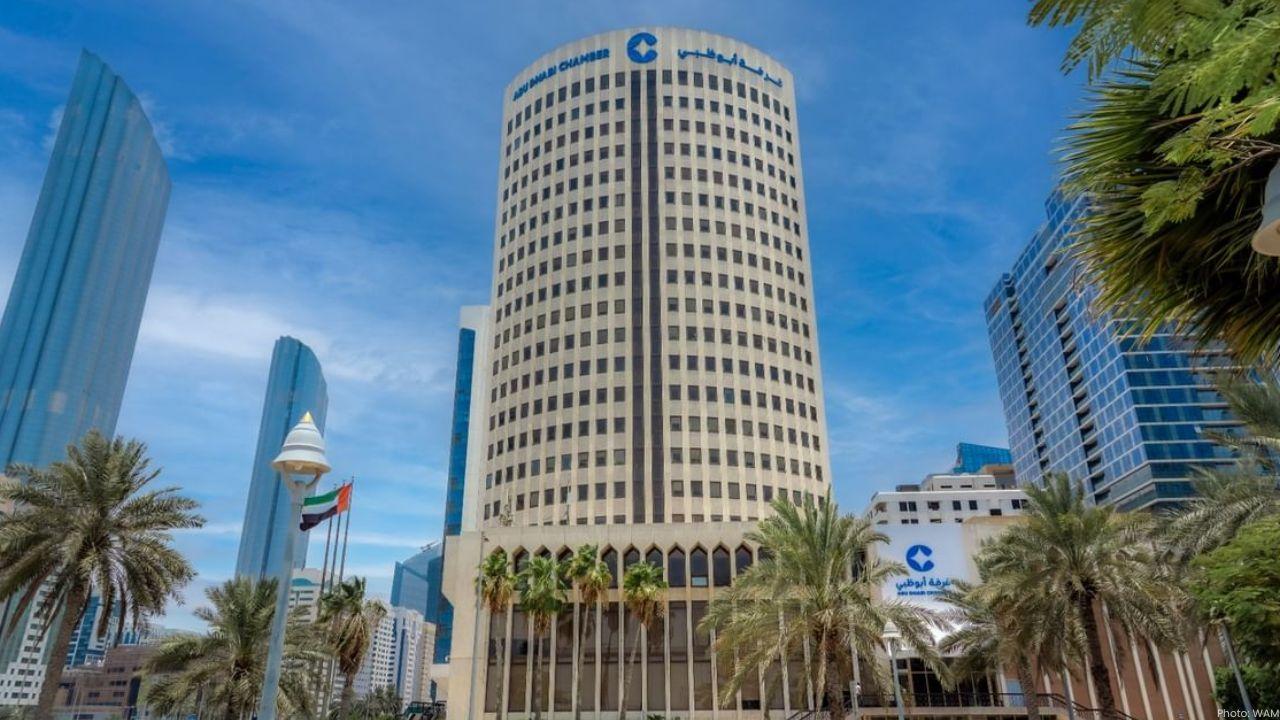
Abu Dhabi Strengthens German Business Ties in 2025
German businesses expand in Abu Dhabi as trade grows, partnerships strengthen, and investment opport

UAE President Meets Qatari Emir Over Israel Attack Concerns
Sheikh Mohamed bin Zayed meets Sheikh Tamim to discuss UAE-Qatar ties, regional peace, and the impac

Dubai Property Market 2025 Is It Still a Seller s Advantage
Explore Dubai s 2025 property trends market shifts and opportunities for buyers and sellers in the

Barakah Nuclear Plant Completes One Year of Full UAE Power Supply
Barakah Nuclear Plant marks one year of full operations, providing 25% of UAE electricity and cuttin

GCC launches unified 2025 guideline to boost investor relations
A new GCC-wide 2025 Investor Relations Guideline aims to unify practices, strengthen transparency an
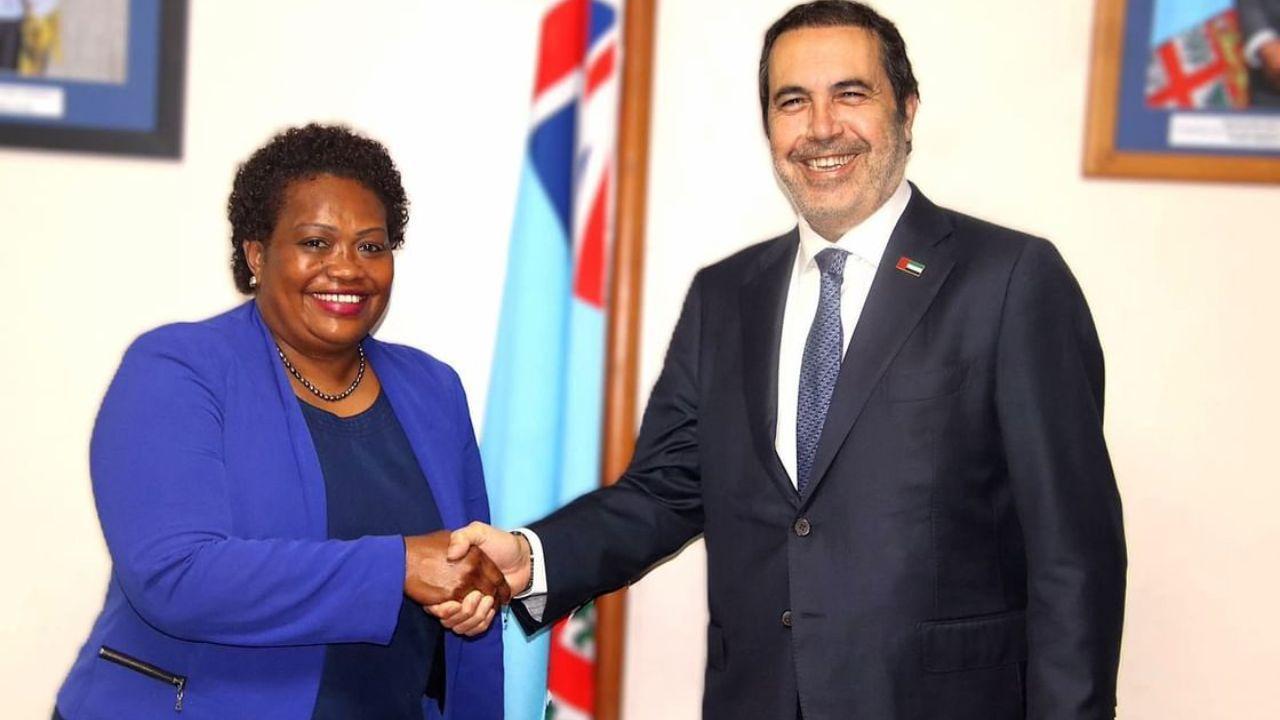
UAE and Fiji explore new paths of cooperation in key growth areas
A UAE delegation visited Fiji to boost ties in economy education sports and climate action, highligh
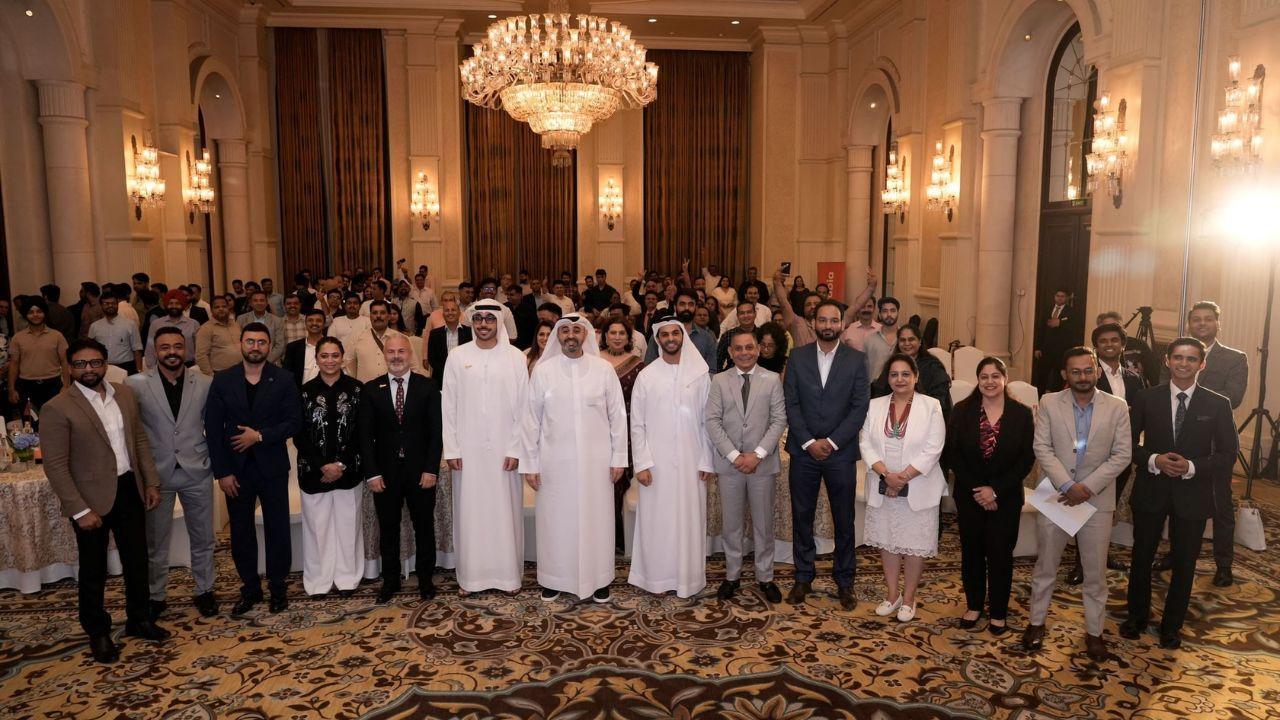
Sharjah boosts India tourism links with 2025 Mumbai Delhi roadshow
Sharjah concluded its India roadshow in Mumbai and Delhi, signing key deals, promoting tourism and r

Umm Al Qaiwain Unveils New Tourism Identity for Global Growth
Umm Al Qaiwain launches new identity to boost tourism, highlight heritage and attract global investm

Ras Al Khaimah Ruler meets Botswana President to boost ties
Ras Al Khaimah Ruler welcomed Botswana’s President to discuss stronger ties, economic cooperation an
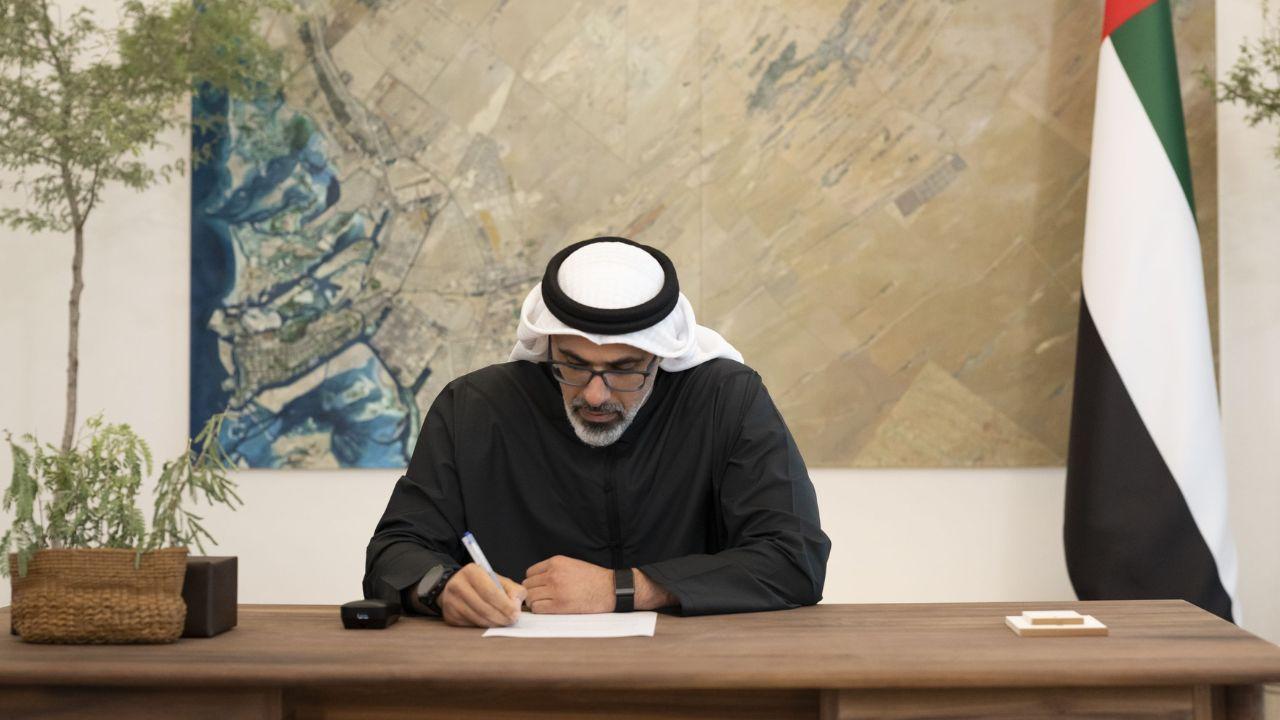
UAE Crown Prince joins BRICS Virtual Summit highlights unity
UAE Crown Prince Khaled bin Mohamed joined the BRICS Virtual Summit, stressing global cooperation, s
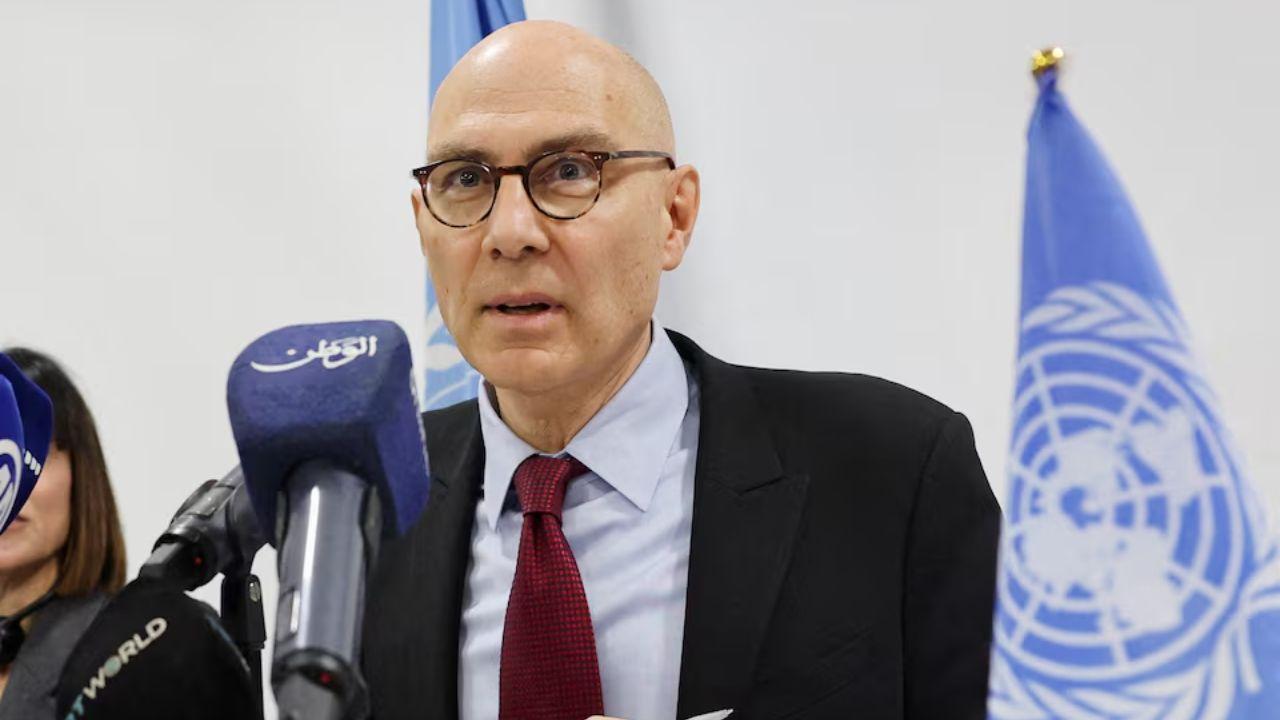
UN Rights Chief Condemns Israel’s Civilian Deaths in Gaza
UN rights chief condemns Israel for mass civilian deaths in Gaza, blocking aid, and using dehumanizi